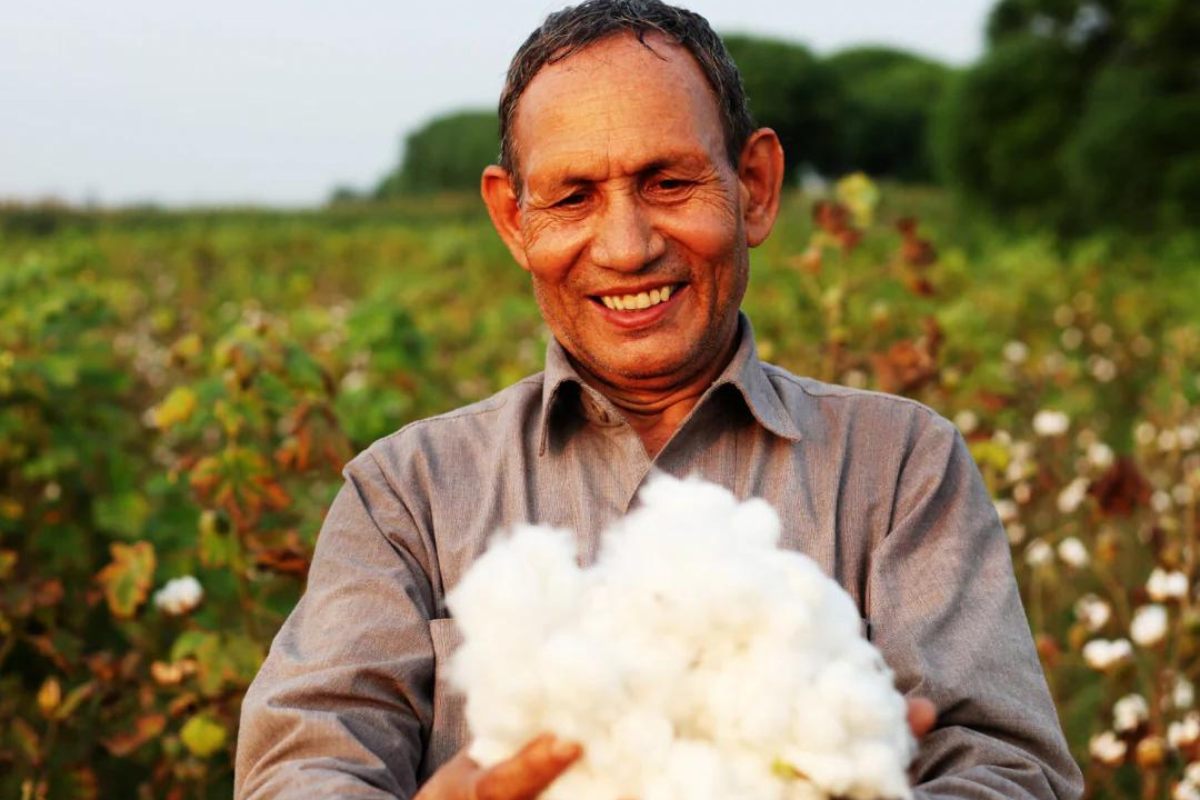
Why Organic Cotton Farmers are Y.O.U’s “Fairtrade Fortnight” Heroes
Fairtrade Fortnight 2023 kicks off on Monday 27th February and running to Sunday 12th March, and this year the campaign exposes the harmful effect the climate crisis is having on the future of our food, as well as on the livelihoods of agricultural workers, like cotton farmers – who are very important people to Y.O.U!
Every single piece of Y.O.U underwear, from our women’s supportive bra, to our girls’ bralettes to our men’s trunks, is made from Fairtrade and GOTS certified organic cotton that is also PETA-Approved vegan. The current financial crisis means that many cotton farmers in lower income countries who already live in hardship, can’t sell enough cotton to cover their rising costs and have no money left to pay for essentials such as food, medicine or school fees. Many fear they may not be able to continue making a living during these tough times.
So it’s vital we support cotton farmers, as their livelihoods are under threat. The Fairtrade Foundation pays a fair price for their cotton and without this, farmers will find it much harder to tackle the climate and economic challenges of the future.
Read on to learn more about why we’re such super fans of The Fairtrade Foundation and of organic cotton farming……
Organic cotton is better for the environment
Cotton is one of the most widely used natural fibres used in the world today – but as conventional cotton is one of the most polluting crops, Y.O.U underwear made a conscious decision to use only fully certified GOTS Certified Organic Cotton. Read more about our green certifications here
Organic cotton uses 91% less water and 62% less energy than traditional cotton. During 2022 we...
- avoided CO2 emissions equivalent to driving 646 miles in a car. That's the distance from London to Berlin or Prague!
- conserved 620,480 litres of water. That's as much water as an average person living in the UK would use in 4,136 days (over 11 years!).
- saved enough energy to power a standard 60W lightbulb for 570 straight days (over 1 ½ years!).
Organic cotton means safer farming practices
The pesticides used for growing conventional cotton can be toxic and can contain chemicals that may impact fertility and affect pregnant women. This is caused by breathing in dangerous fumes during the harvesting & manufacturing process. For this reason, many women cannot work in the cotton fields, so it’s much safer all round for farmers to work with organic cotton.
Organic cotton farmers are paid a Fairtrade Premium
The Fairtrade Foundation pays cotton farmers a Fairtrade Premium which is an additional sum of money, over and above the normal selling price. It goes into a communal fund for workers and farmers to use as they see fit to improve their social, economic and environmental conditions. For example, they can invest some of their Fairtrade Premium to fund everything from maternal health clinics and crèches, to clean water and education. Very wise!

Organic cotton farming is fair and sustainable
The organic cotton used to make Y.O.U underwear comes from Chetna Organic. A hugely successful Fairtrade producer, it supports more than 15,279 cotton-farming families arranged into 13 co-operatives across more than 400 Indian villages.
The Chetna Project supply organic cotton to our manufacturer, Rajlakshmi Cotton Mills in Kolkata, India. They employ approximately 1,000 workers across 3 factories.
Known as India’s leading sustainable and ethical manufacturer, they operate under SA8000 certified social standards. This includes no child labour, working hour compliance, minimum wage compliance, overtime compensation and incentives, rights of Freedom of Association, and no discrimination for race, age, sex, political opinion or religion. Additional benefits include transport to and from the job site, company sponsored meals, a health plan, and funding for workers’ children’s education.

We are extremely proud of this working relationship, our Fairtrade certification and ultimately the fact that you can have total confidence that the people making Y.O.U organic cotton underwear aren’t exploited or underpaid, but instead are listened to, respected, and treated fairly.
How you can help in Fairtrade Fortnight
It’s clear that climate change and unfair trade means farmers are being pushed to the brink and making cotton harder and harder to grow. And other everyday products like coffee, bananas and chocolate could soon also be much more difficult to buy and become endangered. So if you haven’t already made the switch to Fairtrade products, why not give them a go in Fairtrade Fortnight 2023 (27th February to 12th March) as it’s a brilliant and easy way to make a difference and help create extra income, power and support for those communities in need. Or course if you already buy these regularly, don’t forget you can also buy Fairtrade flowers, wine and other Fairtrade ethical gifts for upcoming Mother’s Day too. Happy shopping!
Did you enjoy this Fairtrade blog post? Read similar ones here:
6 Reasons to Choose Fairtrade Cotton

What’s the Importance of Fairtrade?

What does Fairtrade *actually* Mean?







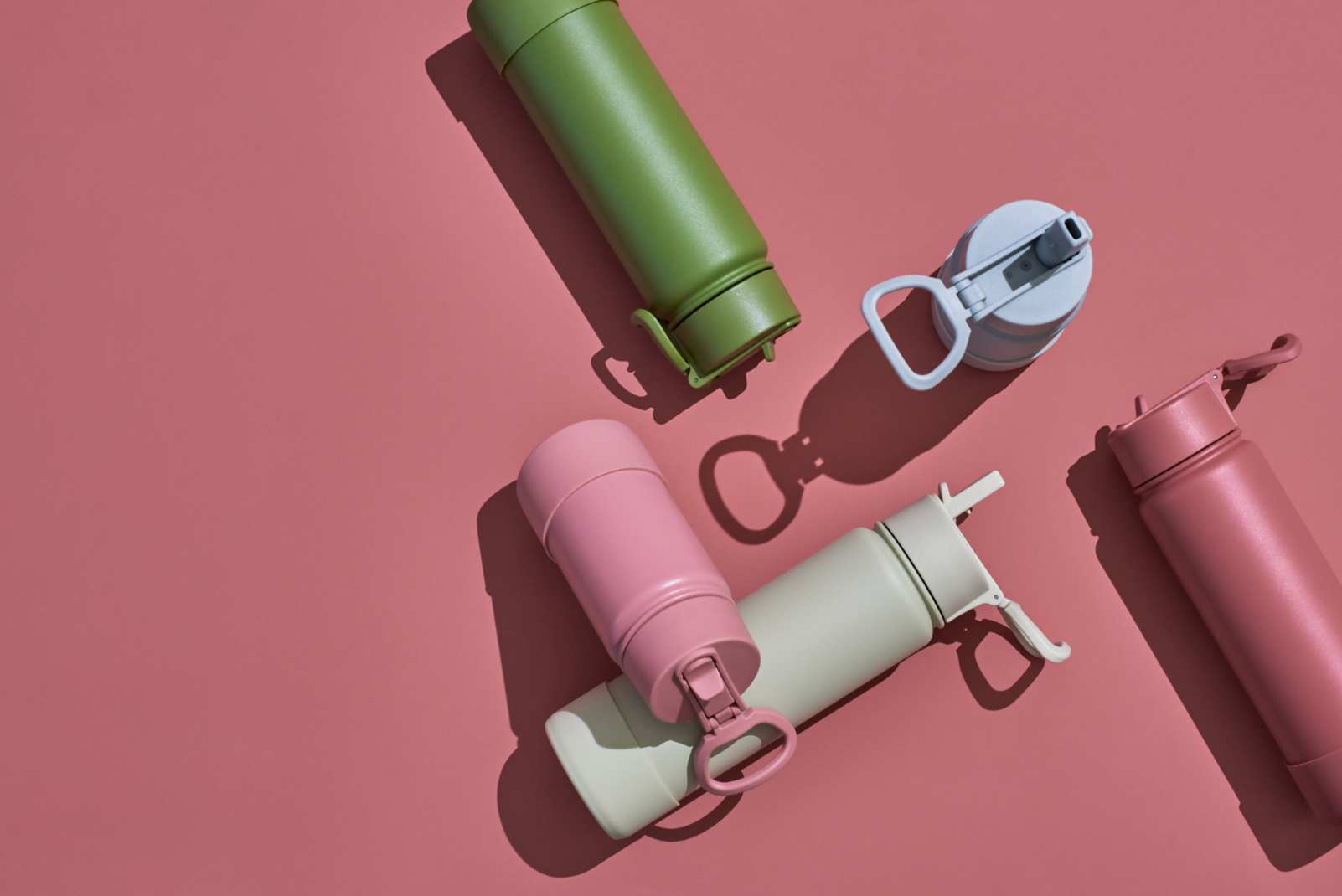
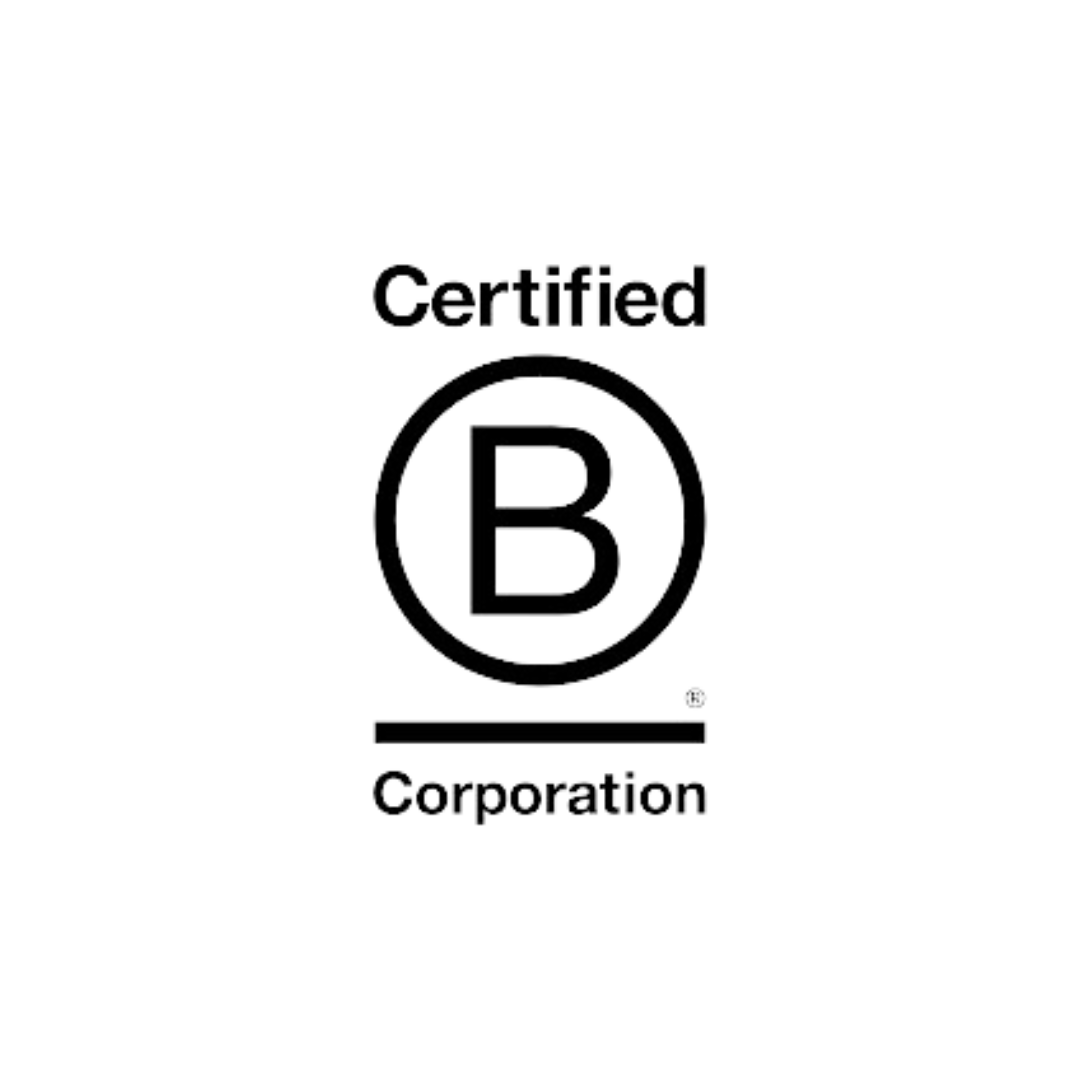
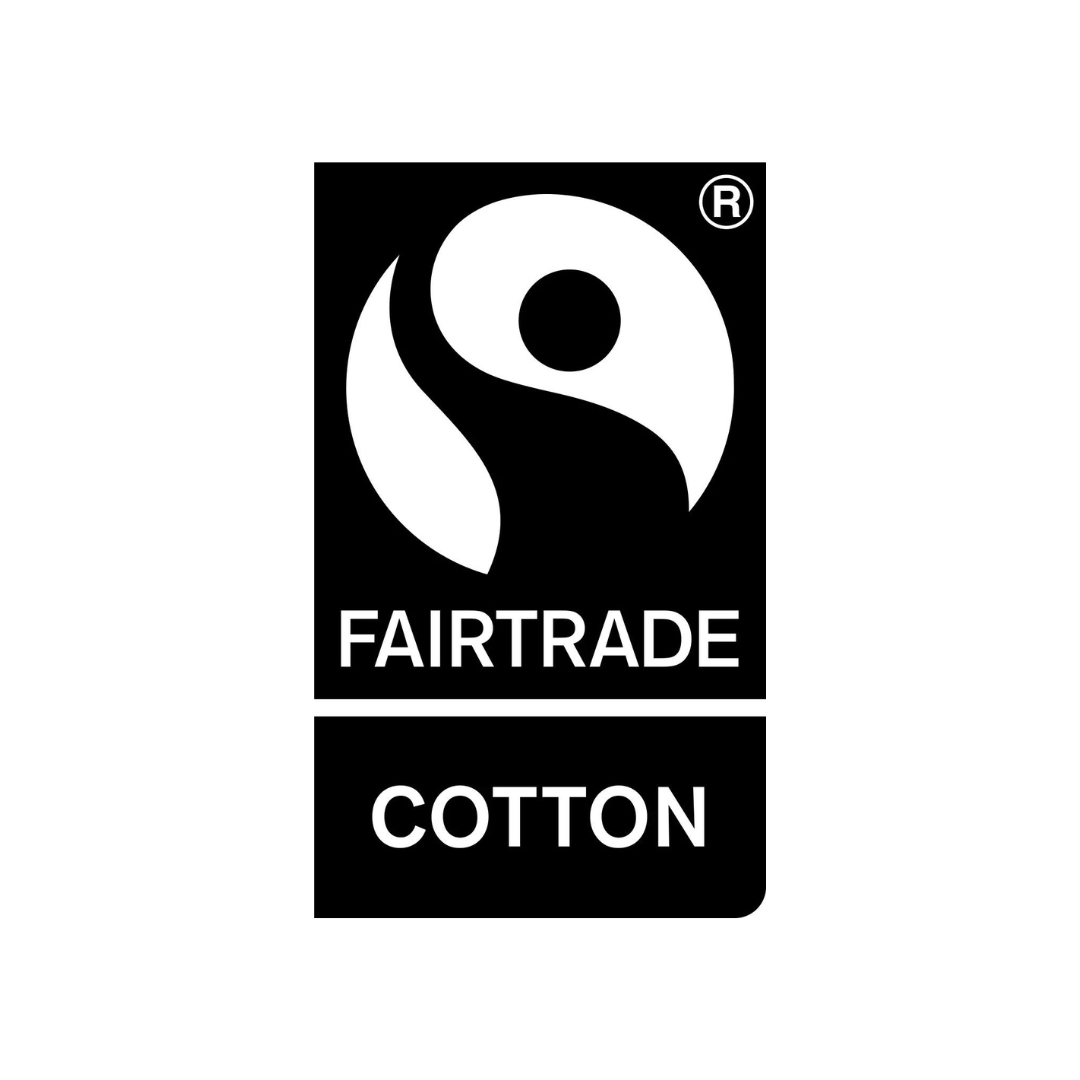
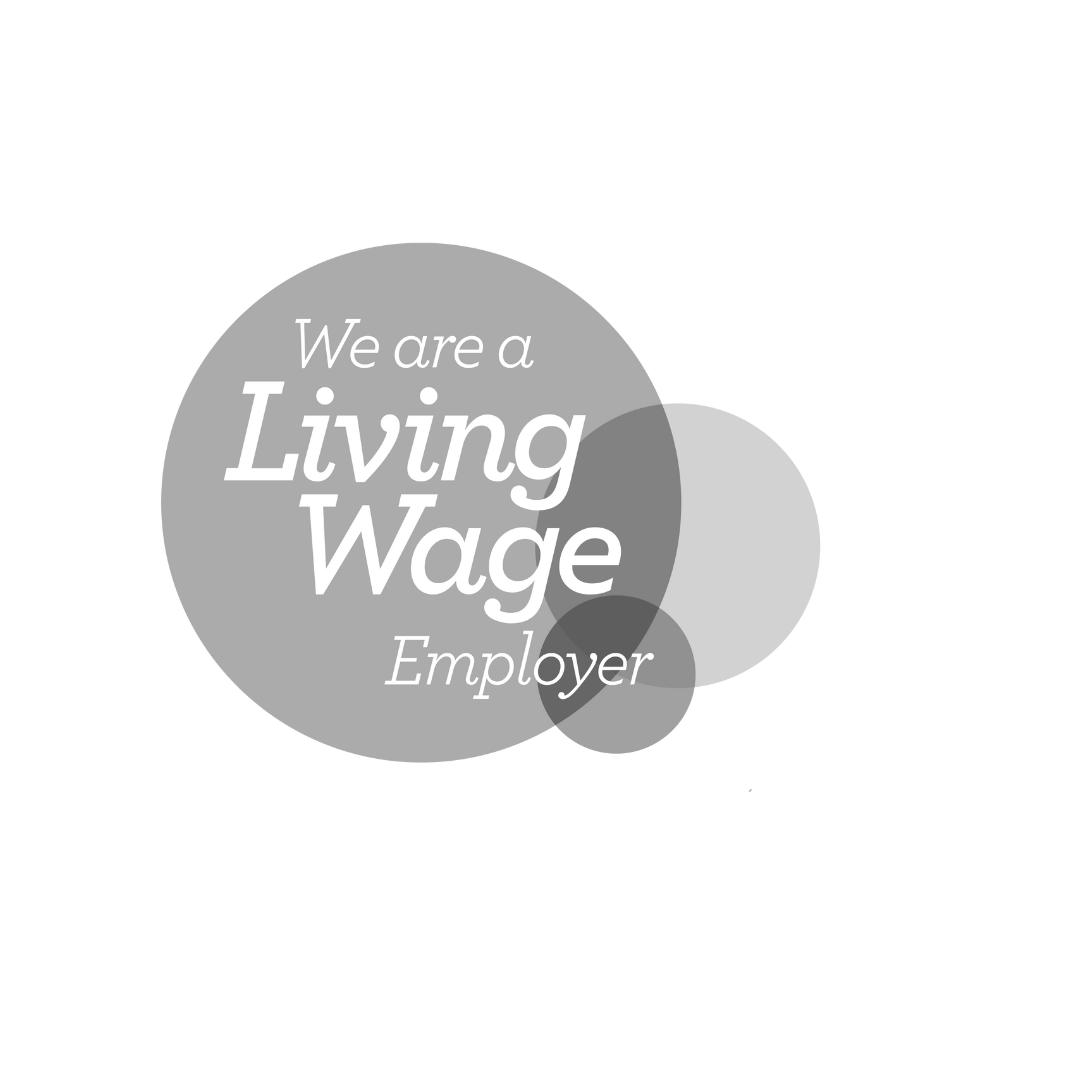


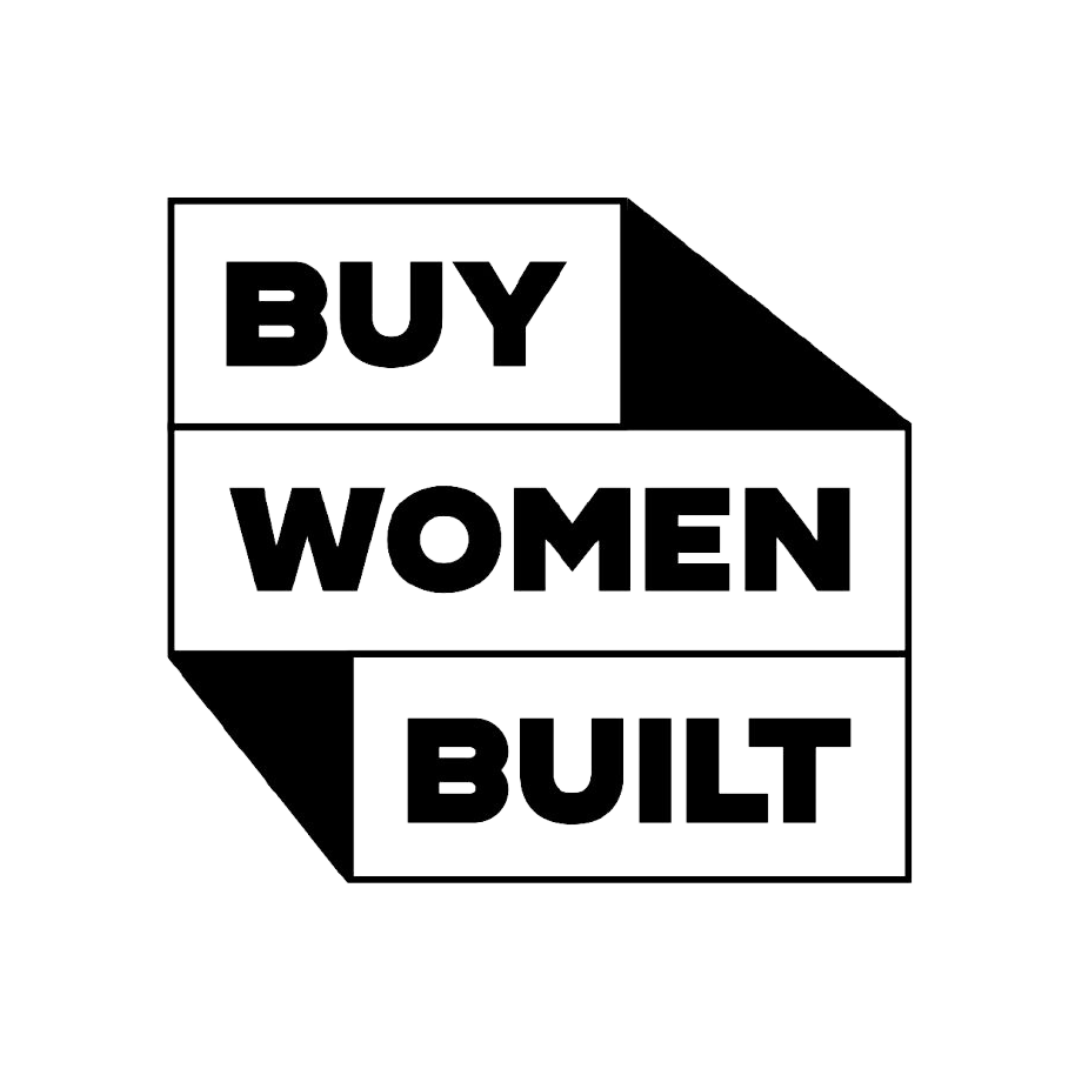
Leave a comment
This site is protected by reCAPTCHA and the Google Privacy Policy and Terms of Service apply.